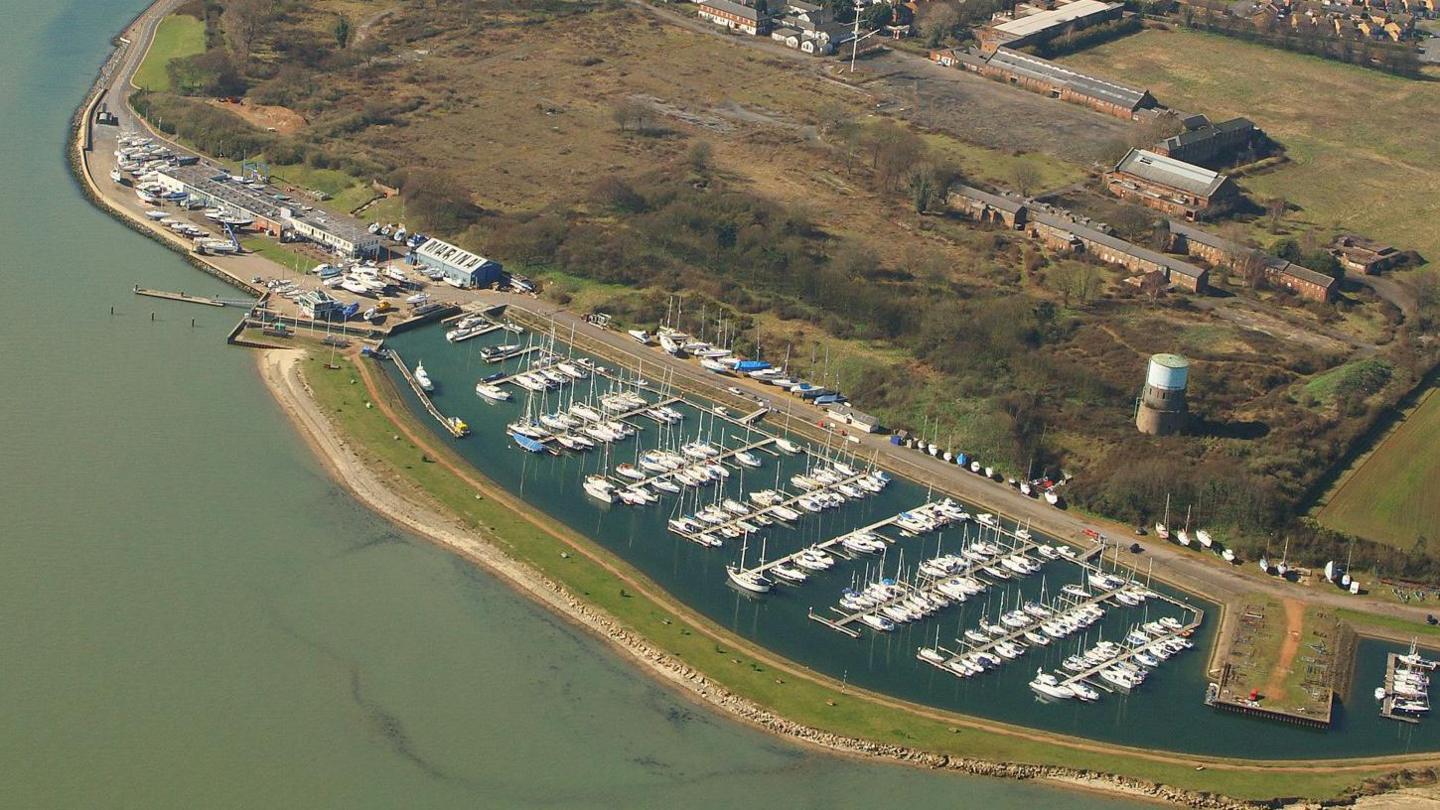UK coastline creates opportunities for smugglers
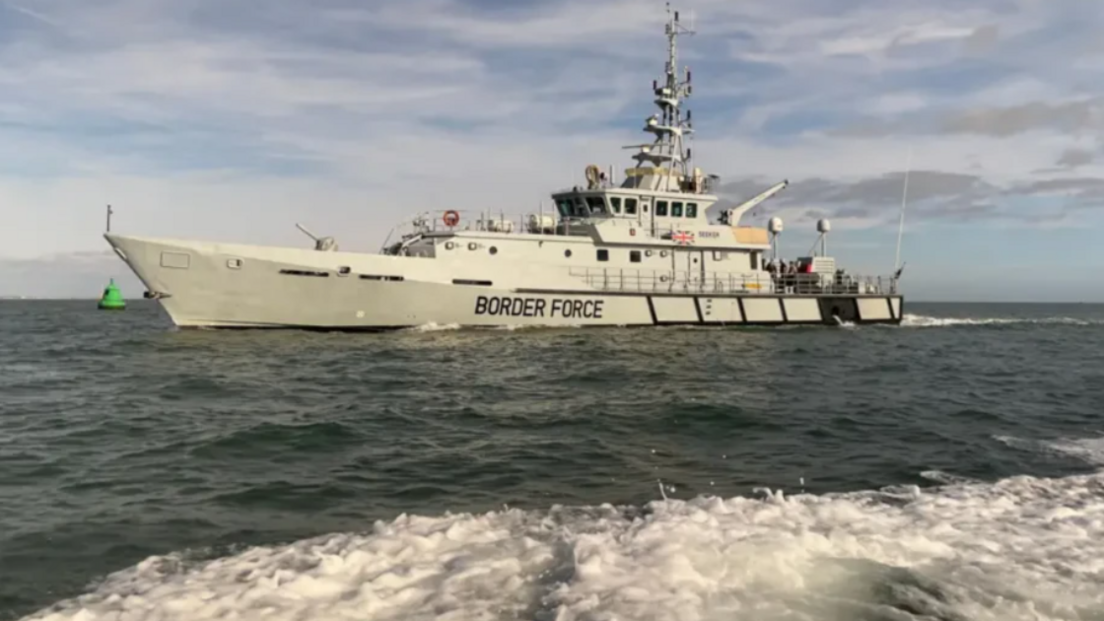
A Border Force vessel patrolling the English Channel
- Published
The extent of the UK coastline and remoteness of some of the locations where small vessels can arrive creates opportunities for smugglers of goods and people.
That's according to an inspection carried out by the Independent Chief Inspector of Borders and Immigration (ICIBI).
The findings came just days after a previous border watchdog, John Vine, warned BBC South East that smuggling people and drugs into the UK using yachts was a real threat.
The Home Office said work is already underway to address several of the concerns raised.
The inspection was released under the new Chief Inspector, John Tuckett, but was carried out when his predecessor David Bolt was in post.
It examined Border Force's approach to protecting the UK border from threats in general maritime (GM).
Migrants in yachts
According to the report, incidents of clandestine entry involving GM had been intercepted, mostly at ports rather than at sea.
But inspectors found that data collection and reporting in relation to GM was poorly managed.
This meant that threats were not well enough understood and not readily quantifiable, the report said.
Inspectors suggested Border Force needed a comprehensive picture of the locations around the UK where GM vessels could arrive.
The report said an effective response relied on substantial contributions from others, in particular the Ministry of Defence and UK policing.
It also said the age of the Border Force fleet means a programme of significant maintenance is required to keep it sea-worthy and functioning.
Responding to the report, external, the Home Office said a ship life extension programme is underway to maintain current service levels of the maritime fleet.
The department accepted or partially accepted all 16 recommendations in the report.
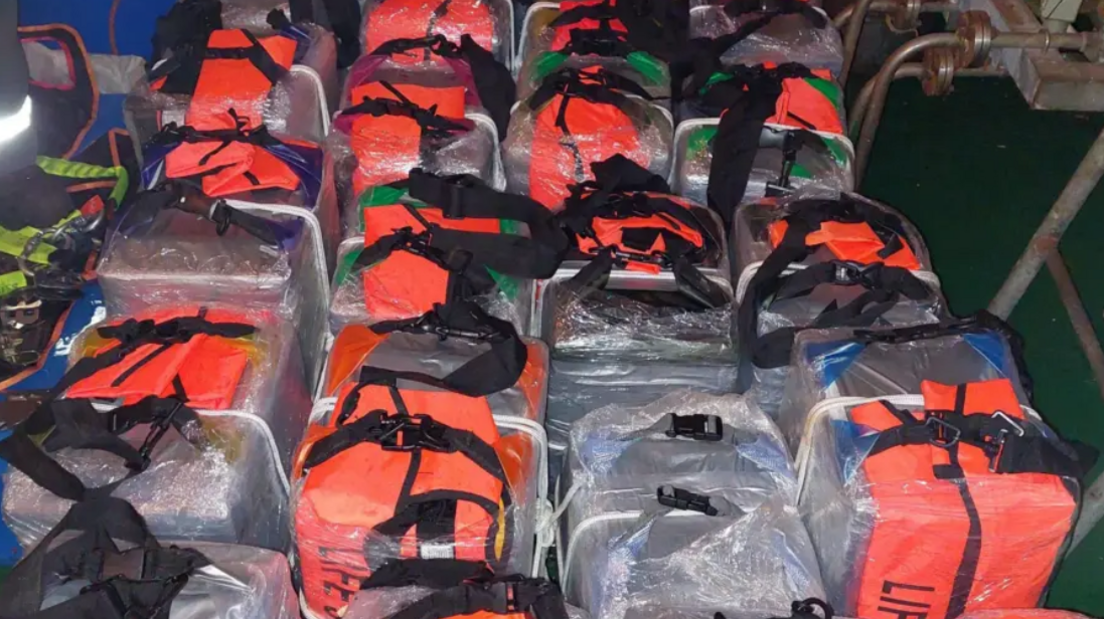
At sea drop offs containing cocaine is one of the challenges Border Force is now facing
Over the last three years the BBC has reported on a number of smuggling attempts using yachts and pleasure craft.
Last week an Iraqi national was sentenced after arriving on a yacht from France with a group of fellow migrants , including a baby.
This month the National Crime Agency said a people smuggling operation was uncovered when a yacht arrived in Rye Harbour, East Sussex in February 2022, carrying 14 people.
Earlier this month two men were convicted of smuggling a group of Albanian men into a marina in Suffolk.
In July an Albanian man was jailed for seven years for his involvement in a smuggling operation where 21 migrants crossed the English Channel on a hired yacht.
'Very real threat'
There have also been high profile drug smuggling convictions.
In August four men were jailed for conspiring to smuggle about £18m worth of cocaine into the UK after being chased by police in a boat.
In March, four men arrested at sea as they tried to smuggle cocaine with an estimated street value of about £100m into the UK on a fishing boat were convicted.
"There is a very real threat that small ports and harbours are used in this way," warned John Vine, who was the Independent Chief Inspector of Borders and Immigration from 2008 to 2014.
Experts including Tony Smith, the former director general of Border Force, believe the numbers are likely to be very low compared with the number of small boats arriving across the Channel.
Earlier this month the minister and Dover MP Mike Tapp told the BBC: "The focus and priority is stopping those boats and bringing down illegal migration."
A Home Office spokesperson said: "Maritime assets patrol and protect all 11,000 miles of the UK coastline, this includes harbours and marinas."
"We work closely with the National Crime Agency and local communities to utilise intelligence that helps to disrupt the gangs and make record-breaking seizures."
Follow BBC Kent on Facebook, external, on X, external, and on Instagram, external. Send your story ideas to southeasttoday@bbc.co.uk, external or WhatsApp us on 08081 002250.
Related topics
- Published18 October
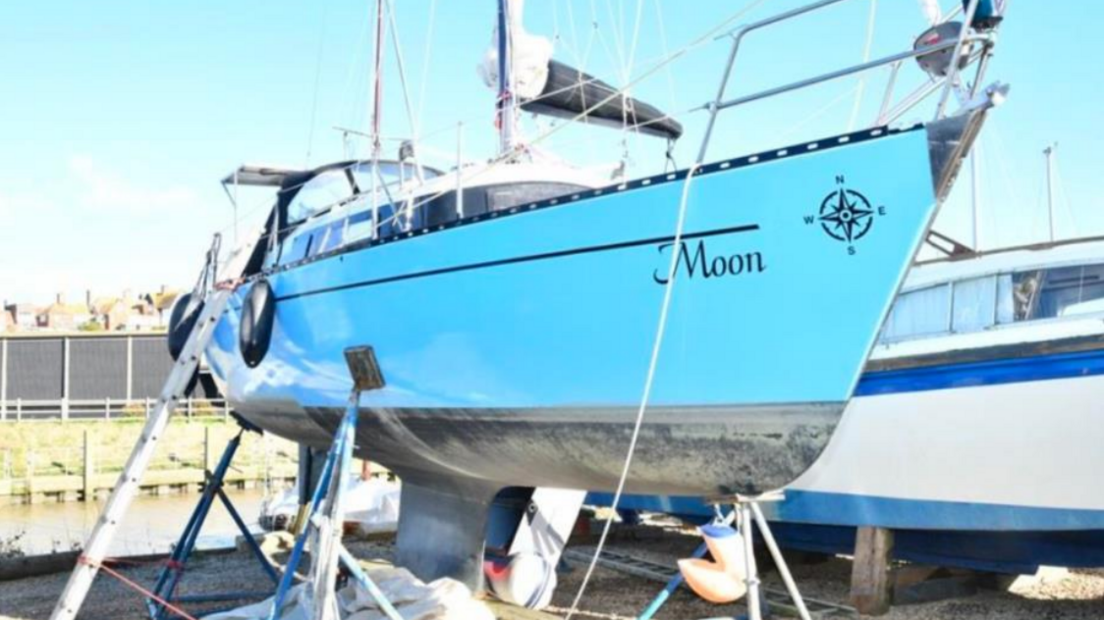
- Published15 October
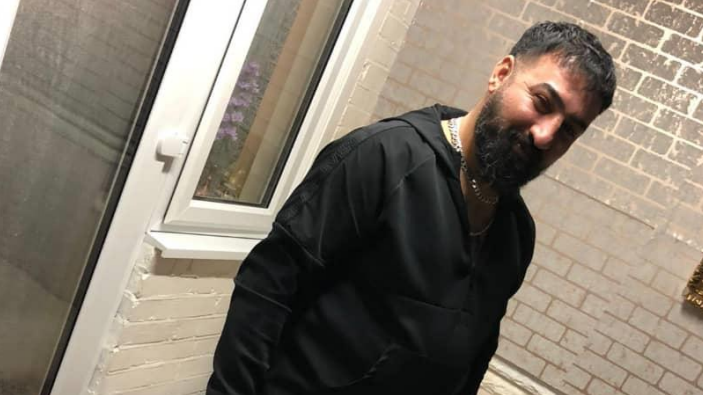
- Published16 October
